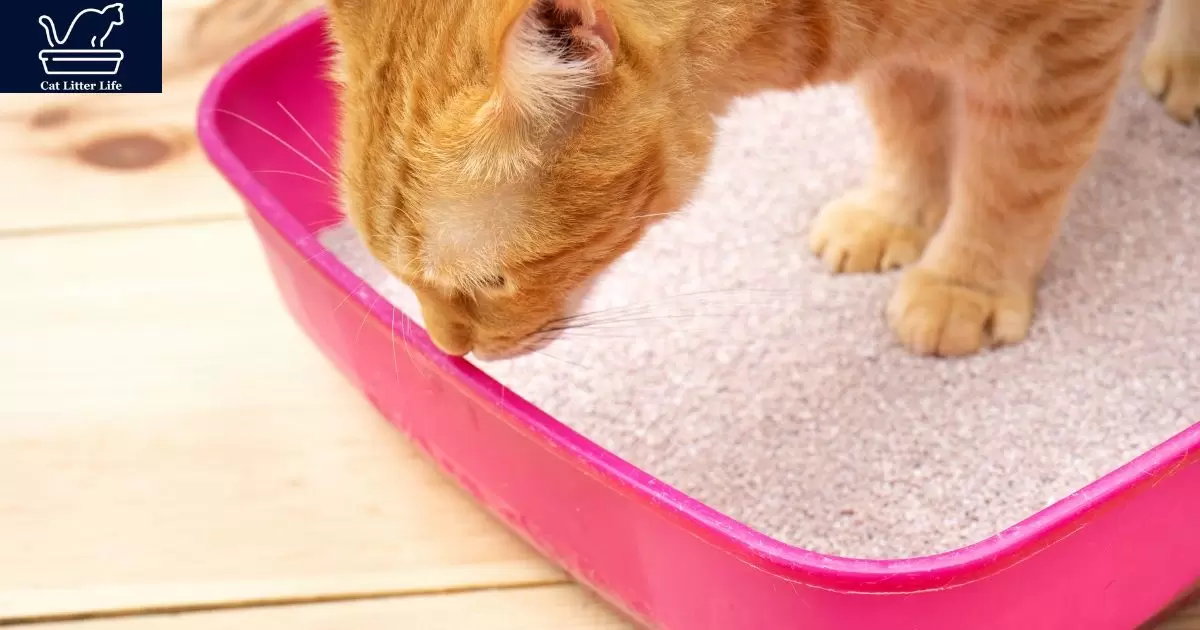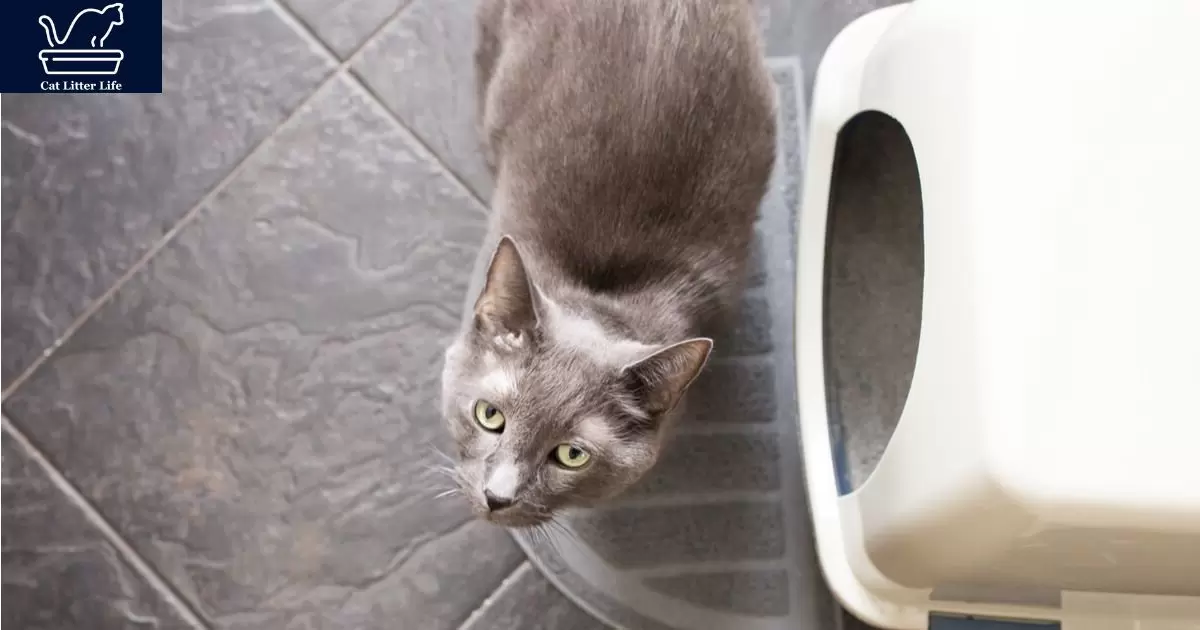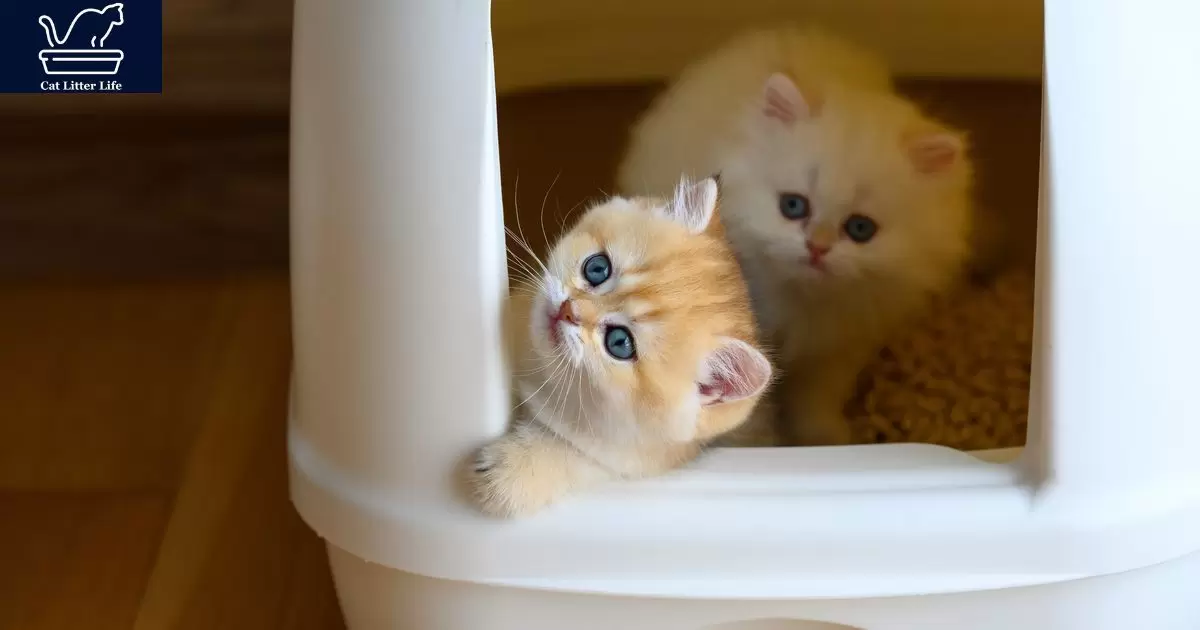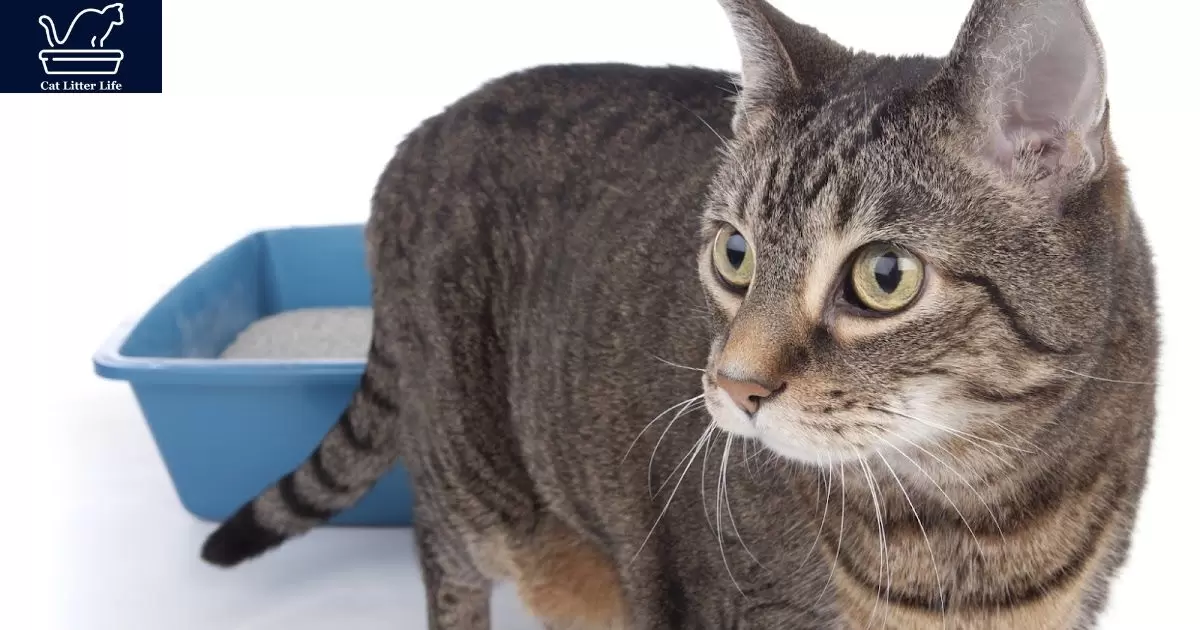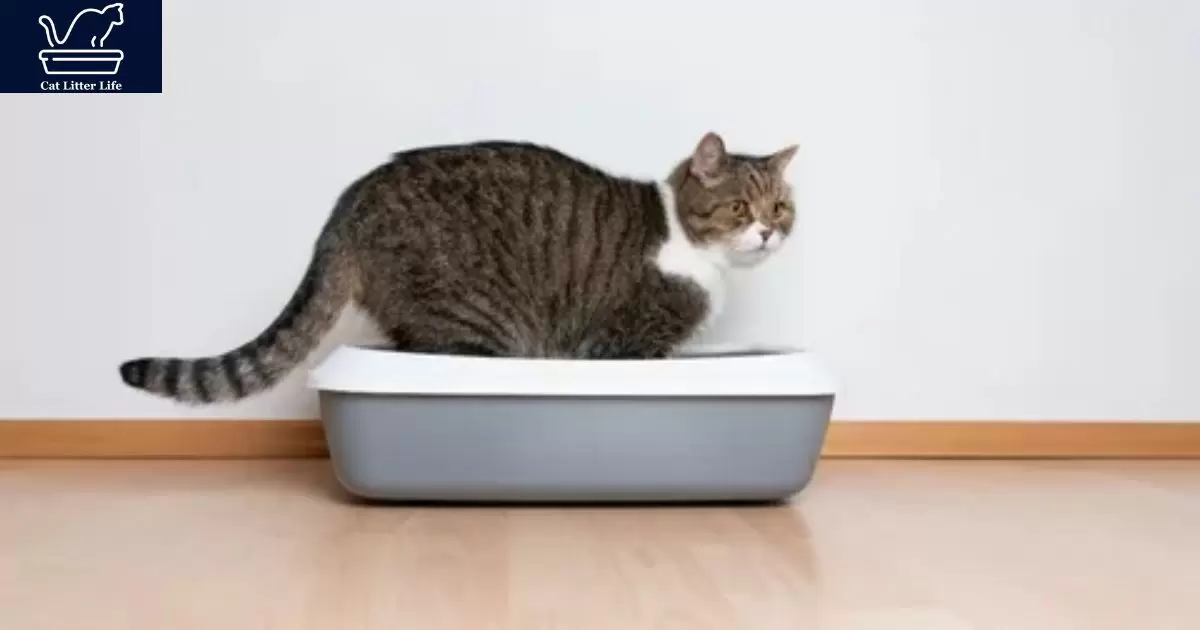Cats naturally use litter boxes without training. When a cat stops using the box, something is wrong. Possible causes include medical issues, stress, or changes to the environment. Figuring out why is key to fixing the problem. Owners need to understand why cats stop using litter boxes.
Cats thrive on routine and consistency. So when a cat abruptly stops using its litter box, owners are puzzled and concerned. Many things could cause this, like health problems or changes in the home. Finding the trigger will provide insight. But first owners wonder, why is my cat suddenly not using the litter box?
Out of the blue, a previously well-mannered cat stops using its litter box. This abrupt change is worrying for owners. Cats don’t abandon litter box habits for no reason. Identifying the medical, behavioral, or environmental cause is crucial. Until then, owners ask, why is my cat suddenly not using the litter box? Solving this mystery should be a top priority.
Medical Reasons A Cat May Avoid the Litter Box
Various medical conditions could cause a cat to avoid the litter box. Identifying and treating any illness is key to getting your cat to comfortably use their litter box again.
Urinary Tract Infections
Urinary tract infections (UTIs) are a common medical reason for inappropriate elimination. The infection causes inflammation and discomfort that makes urinating painful. Your cat begins associating this pain with their litter box and starts avoiding it.
Signs your cat may have a UTI include:
- Frequent attempts to urinate
- Crying out while urinating
- Excessive licking of the genital area
- Urinating outside the litter box
- Blood in urine
UTIs require antibiotic treatment from your veterinarian. Encourage proper hydration to help flush bacteria from your cat’s system. Feed them wet food or add more water to their diet. With treatment, most cats will return to using the litter box normally.
Kidney or Bladder Stones
Crystals or stones that form in the bladder or kidneys are another common cause of litter box avoidance. Your cat feels pain and irritation when urinating, again linking that discomfort to the litter box.
Symptoms can include:
- Straining to urinate
- Blood in urine
- Excessive licking of the genital area
- Crying out when urinating
- Urinating frequently in small amounts
Your vet can prescribe medication or a special diet to help dissolve the stones. Surgery may be required to remove large stones. Addressing the stones will usually resolve the litter box avoidance.
Arthritis
If your cat is avoiding the litter box due to joint pain and stiffness, look for signs of arthritis like difficulty jumping up or limping. The sides of the litter box may be too high for an arthritic cat to enter comfortably.
Try a lower-sided box or cut down the sides of your current box. Place the box in an easily accessible spot. Non-slip ramps or mats can help your cat enter and exit the litter box more easily. Your vet can prescribe pain medication to make litter box use less uncomfortable.
Behavioral Reasons for Litter Box Problems
Cats can also start avoiding the litter box due to behavioral or environmental factors in their surroundings. Understanding what sparked this change in bathroom habits is key to correcting it.
Aversion to the Litter Box
If your cat has started associating the litter box with any discomfort, they may develop an aversion to entering it. Past UTIs, injuries associated with the box, or ambushes by another pet while vulnerable in the box can all cause negative associations.
Cats also dislike strong odors. A box that isn’t cleaned frequently enough can smell unpleasant and deter your cat from using it. Try scrubbing the litter box weekly and use gentle, unscented litter. Placing multiple boxes around your home can also help.
Stress
Major changes in your cat’s environment can cause stress that manifests in litter box avoidance. Introducing a new pet, moving homes, construction noise, or the loss of another companion animal can all spark anxiety.
Try to minimize loud noises, conflicts with other pets, and sudden routine changes to ease your cat’s stress levels. Providing calming pheromone diffusers, toys, and perches can also help them feel more secure.
Preferences for Location or Substrate
Your cat may develop specific preferences for litter box location, type, or substrate that prompt avoidance if not met.
Cats may stop using a box located in a noisy, high-traffic area, or one that doesn’t offer privacy. Insufficient litter depth or a texture they dislike can also deter use. Experiment with different litters and box styles. Providing multiple options in quiet, low-traffic areas may reveal the combination your cat prefers.
Medical Causes of Litter Box Problems in Cats
Several medical conditions can lead to litter box avoidance in cats. Identifying and treating any illness is key to resolving inappropriate elimination issues.
Urinary Tract Infections
UTIs cause painful urination, leading cats to associate the litter box with discomfort. Signs include frequent urination, crying when peeing, and blood in urine. Antibiotics from your vet are needed to clear the infection. Encourage hydration to help flush bacteria from your cat’s urinary tract.
Kidney and Bladder Stones
Crystals or stones in the urinary tract cause irritation and pain during urination. Symptoms can include straining to pee, blood in urine, and excessive licking of the genital area. Medication and special diets can help dissolve stones. Surgery may be needed to remove large stones. Prefer Unscented Litter for your cat’s litter box, as the perfumes and chemicals found in scented varieties can further irritate your cat’s sensitive urinary tract.
Arthritis
An arthritic cat may avoid the litter box due to painful joints. Signs include difficulty jumping and limping. Try a lower-sided litter box, ramps, and an easily accessible location. Your vet can prescribe pain medication to make litter box use more comfortable.
Tackling Litter Box Avoidance in Cats
Once you’ve identified the underlying cause of your cat’s litter box avoidance, you can take steps to resolve the issue and re-establish good bathroom habits. Here are some tips:
- Keep litter boxes extremely clean – scrub weekly and use gentle, unscented litter
- Try different litters and box styles to determine preferences
- Place multiple boxes in easily accessible, low-traffic areas
- Minimize noise, household changes, and conflicts with other pets
- Use calming pheromone plugins and toys to ease stress
- Ensure your cat’s medical issues are properly treated
- Restrict access to problem areas until litter box retraining is complete
- Praise and reward your cat every time they use the litter box
With some detective work and patience, inappropriate elimination problems can be overcome. Getting to the root of why your cat stopped using the litter box is the first step! Consistency, providing enticing litter boxes, relieving pain and anxiety, and retraining methods can all help to successfully resolve these common litter box issues in cats.
FAQ’s:
What are some common medical reasons a cat may stop using the litter box?
Urinary tract infections, kidney/bladder stones, and arthritis pain can cause litter box avoidance.
How can I make the litter box more accessible for an arthritic cat?
Use a low-sided box, ramps, optimal location, and medicate for pain relief.
What should I do if my cat seems stressed and is avoiding the litter box?
Minimize environmental changes, loud noises, and other pets to reduce anxiety.
How can I encourage my cat to start using the litter box again?
Provide multiple clean, appealing boxes in ideal spots and reward litter box use.
Why might my cat suddenly dislike their usual litter box?
Past negative experiences, strong odors, insufficient litter, or undesirable locations can deter use.
Conclusion:
When a previously well-behaved cat suddenly stops using their litter box, it’s understandable that owners feel puzzled and concerned. there are usually identifiable medical or behavioral causes behind this abrupt change in feline bathroom habits. By getting to the root of why your cat is avoiding the litter box.
Whether it’s pain, stress, location preferences, or a past negative experience, appropriate solutions can be taken. With some patience, effort, and detective work to determine the underlying cause, inappropriate elimination issues in cats can be successfully resolved. Getting answers to the question, why is my cat suddenly not using the litter box? it is the crucial first step for owners.
